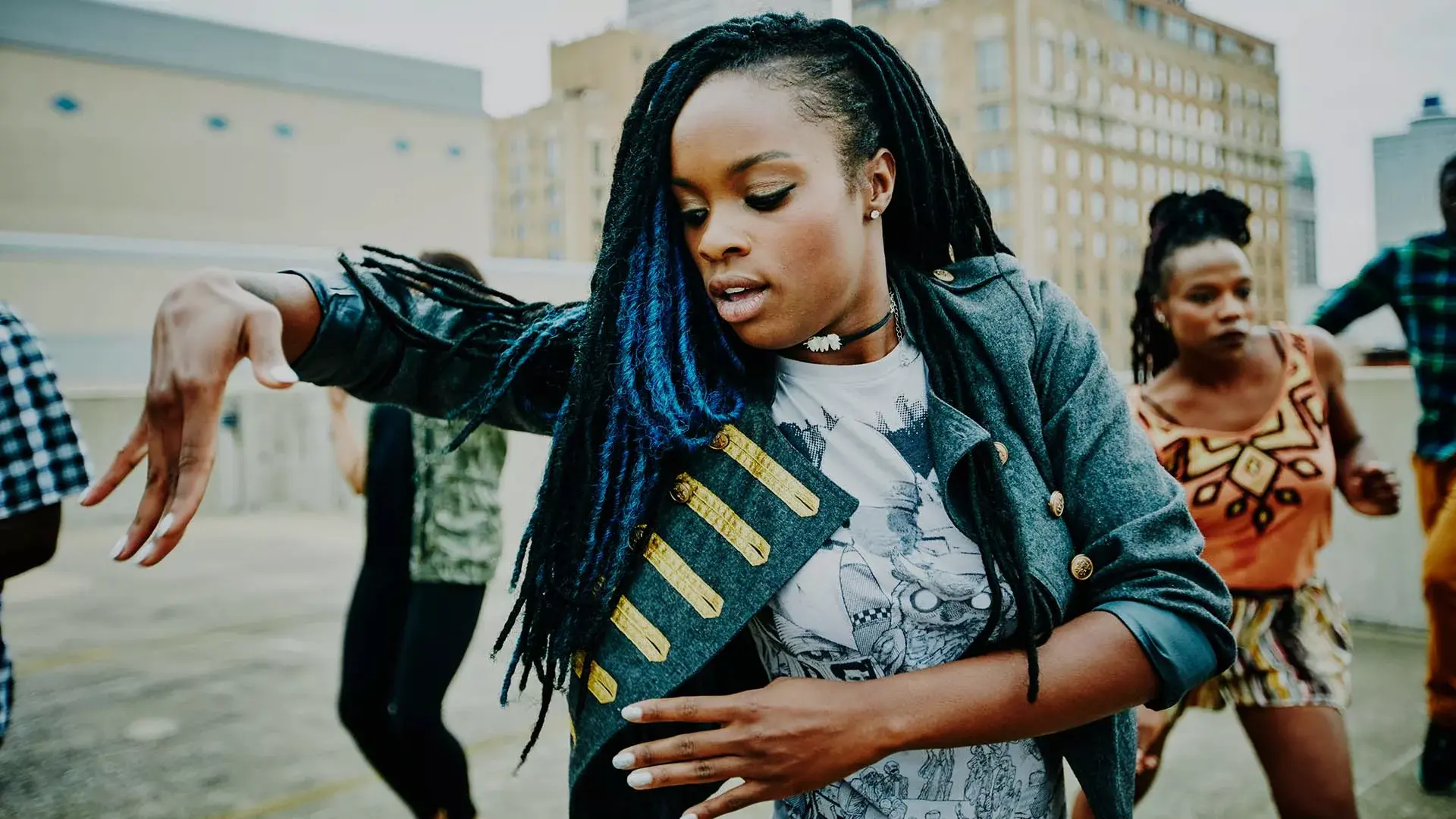Music is transformative
Hip-hop calls attention to the joys and challenges many Black people face in the United States and around the world.
Music is universal
Black artists began to create music that communicated emotions all humans feel — love, heartache, joy — with a sound and style unique to Black culture.
Music is unity
Music has long been the cornerstone of Black people’s fight for racial equity.
Listen to the music
